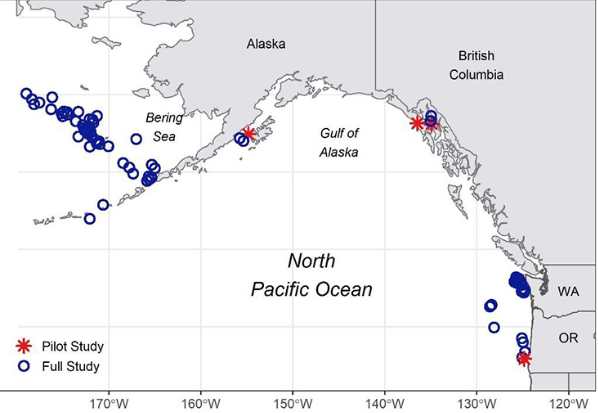A new study has thrown doubt on the ability of the average voter to make an accurate judgement of the performance of their politicians, showing that voter biases appear to be deep-seated and broad.
Prior research has suggested that random events such as shark attacks or hurricanes decrease the votes received by incumbent politicians, regardless of their actual performance in office. Similarly, voters appear to give undue weight to recent economic performance and are easily swayed by rhetoric.
In a series of novel experiments, researchers Gregory A. Huber (Yale), Seth J. Hill (University of California, San Diego), and Gabriel S. Lenz (University of California, Berkeley) found that voters are susceptible to these biases even when given financial incentives to behave otherwise and when the information necessary to avoid these biases was readily available.
This in turn makes voters vulnerable to being manipulated by politicians. The findings suggest that incumbents who associate themselves with good news for which they bear no responsibility, implement policies that generate good news close to elections at the expense of overall voter welfare, and use rhetoric that encourages people to focus on how they feel in the here and now, ignoring the long-term, could benefit at the ballot box.
In their study, “Source of Bias in Retrospective Decision Making: Experimental Evidence on Voters’ Limitation in Controlling Incumbents,” reported in the latest edition of the American Political Science Review (APSR) published by Cambridge University Press, Huber, Hill and Lenz asked around 4000 citizens to play a series of games assessing the performance of fictional politicians. As they played, they experienced changes in their earnings. The experiments also manipulated whether they won or lost in a lottery, when they learned about an upcoming election, and the rhetoric surrounding the election.
The results of the games showed that even though the players’ earnings were the only accurate information they had about their incumbent politician’s performance, the other manipulations affected the players. They tended to punish or reward the incumbent based on whether or not they had won or lost a lottery, and gave greater weight to earnings closer to the election when they learned about the election closer to it or after certain rhetorical statements. They persisted in this irrational behavior even when it was made clear to them that their fictional incumbent had had nothing to do with the lottery and that events closer to the election were no more informative of the incumbent’s true performance than events further from the election.
Huber said: “Our results suggest severe limitations in humans’ ability to accurately and impartially judge the performance of politicians. This is a worrisome finding for democratic accountability because it creates a breeding ground for politicians to manipulate their electorate.”
|
|
“The findings also raise a warning about the adequacy of civic education programs and media coverage of elections to help citizens to accurately judge the performance of their representatives. Understanding how to improve voter decision-making may have important implications for democracy.”
Gregory Huber is a Professor at the Department of Political Science at Yale University, Resident Fellow of the Institution for Social and Policy Studies and the Center for the Study of American Politics and Associate Editor of theQuarterly Journal of Political Science. Seth Hill is Assistant Professor, Department of Political Science at the University of California, San Diego. Gabriel Lenz is Assistant Professor, Charles and Louise Travers Department of Political Science at the University of California, Berkeley.
The American Political Science Review is political science’s premier scholarly research journal, publishing peer-reviewed articles and review essays across the discipline. Areas covered include political theory, American politics, public policy, public administration, comparative politics, and international relations. APSR has published continuously since 1906.
Source: Cambridge University Press






